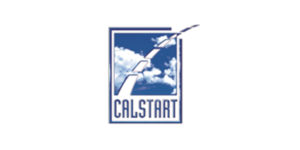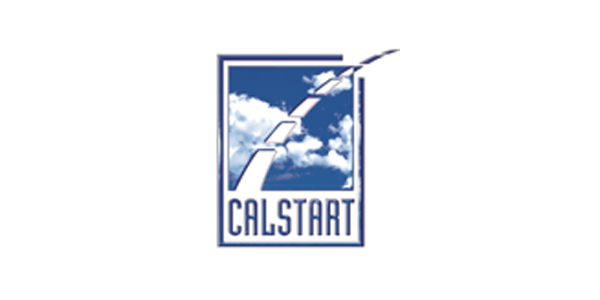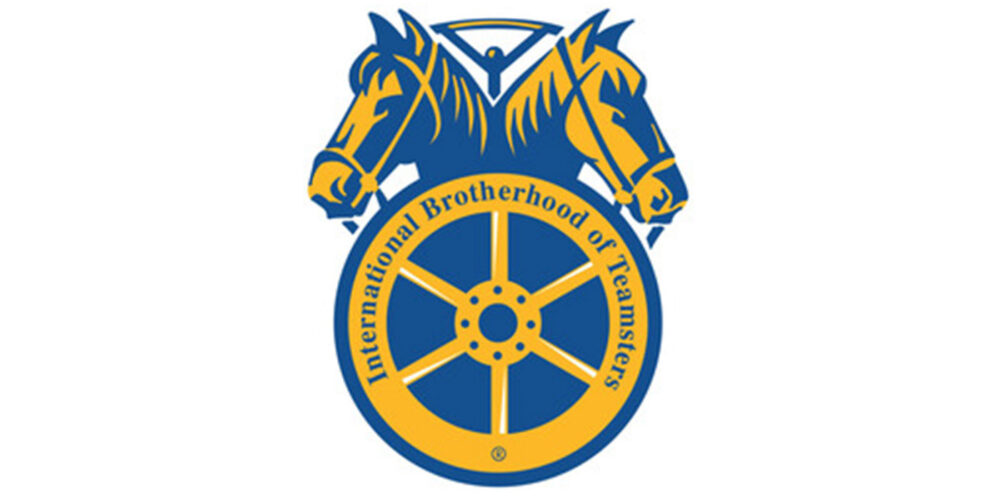 In response to the Environmental Protection Agency and National Highway and Traffic Safety Administration’s release of a draft rule to roll back vehicle fuel economy and emissions standards, John Boesel, president and CEO of CALSTART, issued a statement on the group’s behalf.
In response to the Environmental Protection Agency and National Highway and Traffic Safety Administration’s release of a draft rule to roll back vehicle fuel economy and emissions standards, John Boesel, president and CEO of CALSTART, issued a statement on the group’s behalf.
CALSTART is a national non-profit organization with 190-member companies and offices in four states. The organization is dedicated to expanding the clean transportation technology industry with the goals of creating jobs, improving air quality, and preventing climate change. CALSTART’s member companies represent a broad range of clean transportation technologies and the fleets that use them, including fuel providers; truck, bus and carmakers; and Fortune 500 companies.
Boesel’s statement reads:
“This is a huge setback for the industry, especially suppliers that create two-thirds of all U.S. auto-related jobs. Automotive suppliers are making billion dollars bets in high efficiency vehicle technology. Today’s announcement is likely to provoke a long battle in the courts and create a tremendous amount of uncertainty. Meanwhile, suppliers in other countries will be racing ahead to help the rest of the world meet their obligations under the global climate accord.
“Our surveys show that suppliers see the current, strong fuel economy standards as good for jobs and good for investment. If there is one thing these companies need to thrive; it’s consistent, long-term targets.
“Today’s announcement throws the U.S. auto tech industry into neutral or possibly into reverse. Meanwhile, companies in Europe and Asia have their feet on the accelerator and are advancing rapidly. If we want to create jobs and be real global competitors, we need to be moving ahead and working toward the current standards – not filing legal briefs and wasting our time in the courts.”
Major automotive suppliers see current national fuel economy standards as a boon for company job growth and industry investment and don’t want to see them altered by policymakers, according to an annual survey commissioned by CALSTART in March of 2018.
Other findings of the survey show:
- Eighty-four percent of respondents agreed that the existing 2025 standards tend to encourage job growth at their companies. This is a 25 percent jump from a similar survey that Ricardo performed for CALSTART in 2016.
- Ninety-five percent of respondents agreed that more ambitious fuel economy standards tend to encourage more innovation and investment in the U.S.; 22.7 percent strongly agreed.
- Eighty percent of respondents agreed that the current 2021-‘25 standards should be maintained (68 percent) or strengthened (12 percent).
- Respondents emphasized the need for regulatory certainty, which helps companies plan investments and strategies and ensures that fuel efficiency standards will serve as drivers for innovation.
- More than 87 percent (87.5 percent) of the respondents advocated that it is important to start planning and setting standards now for beyond 2025. New technologies have long development lead times, so regulatory certainty is essential.
- Eighty-two percent of the respondents either agreed (52 percent) or strongly agreed (30 percent) with the statement, “companies that are leaders in vehicle efficiency technology will be more successful over the next 10-15 years.”










